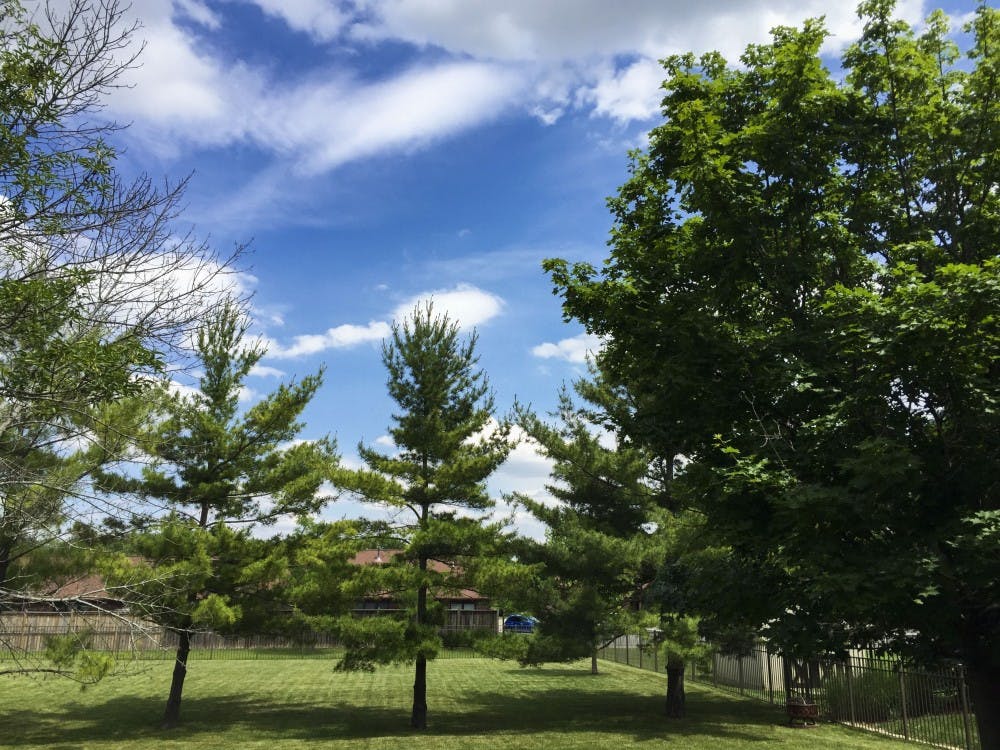Tips on beating the summertime sneezes
- Take a shower after coming inside. Pollen can stick to skin and fabric, so washing your clothes can help prevent irritation.
- Wear sunglasses and/or a pollen mask, especially when doing outside activities.
- Avoid drying clothes outside on a line.
- Wipe down pets that have been outside with a cool rag to remove pollen that may be on their fur.
- Keep the pollen out by closing windows in your home or car and using air conditioning.
- Up your Vitamin D intake.
- Participate in cardiovascular activity like running.
- Clean your home regularly.
Source: desmoinesregister.com.
Yet again, it’s allergy season, which can leave some feeling miserable.
Allergies affect as many as 30 percent of adults and 40 percent of children, according to the Asthma and Allergy Foundation of America (AAFA).
An allergy is when your immune system reacts to a foreign substance, called an allergen. It could be something you eat, inhale into your lungs, inject into your body or touch.
According to the American College of Allergy, Asthma and Immunology (ACAAI), while allergies are seasonal, the summer months can be even worse for those who suffer.
"Summer allergies can cause severe symptoms for some sufferers and can be just as bad as the spring and fall seasons," said allergist Michael Foggs, president of ACAAI. "Symptoms aren't always limited to the hallmark sneezing, runny nose and watery eyes. Black eyes, lines across the nose and other cosmetic symptoms can occur."
While mold, insect stings and fresh produce are common allergy culprits, pollen is one of the most common allergens in the United States and is an airborne allergen, which is picked up and carried by the wind.
A study by PLOS One suggests allergies are actually intensified over the summer, as higher temperatures and high levels of carbon dioxide in the atmosphere activates plants to pollinate more — up to 50 percent more.
In a 2010 report by the National Wildlife Foundation, research also suggested high temperatures can increase pollination of oak and hickory tree, both of which are considered highly allergenic.
Pollen from grass species, which are highly allergenic and occur worldwide, elicit allergic responses in 20 percent of the general population and 40 percent of atopic individuals.
While allergies are more common in younger children, they can strike at any age and time of the year. There isn't a cure for allergies, but there are ways you can manage allergies with prevention and treatment.
"Summer allergy symptoms can easily be mistaken for colds, food intolerances or other ailments," Foggs said. "If your symptoms are persistent and lasting for more than two weeks you should see your allergist for proper testing, diagnosis and treatment. Finding and treating the source of your suffering can also clear up other unwanted symptoms."
If you suffer severely from allergies, over-the-counter allergy medicine like Advil Allergy & Congestion Relief, Flonase Allergy Relief and Allegra Allergy Relief may be able to help.





